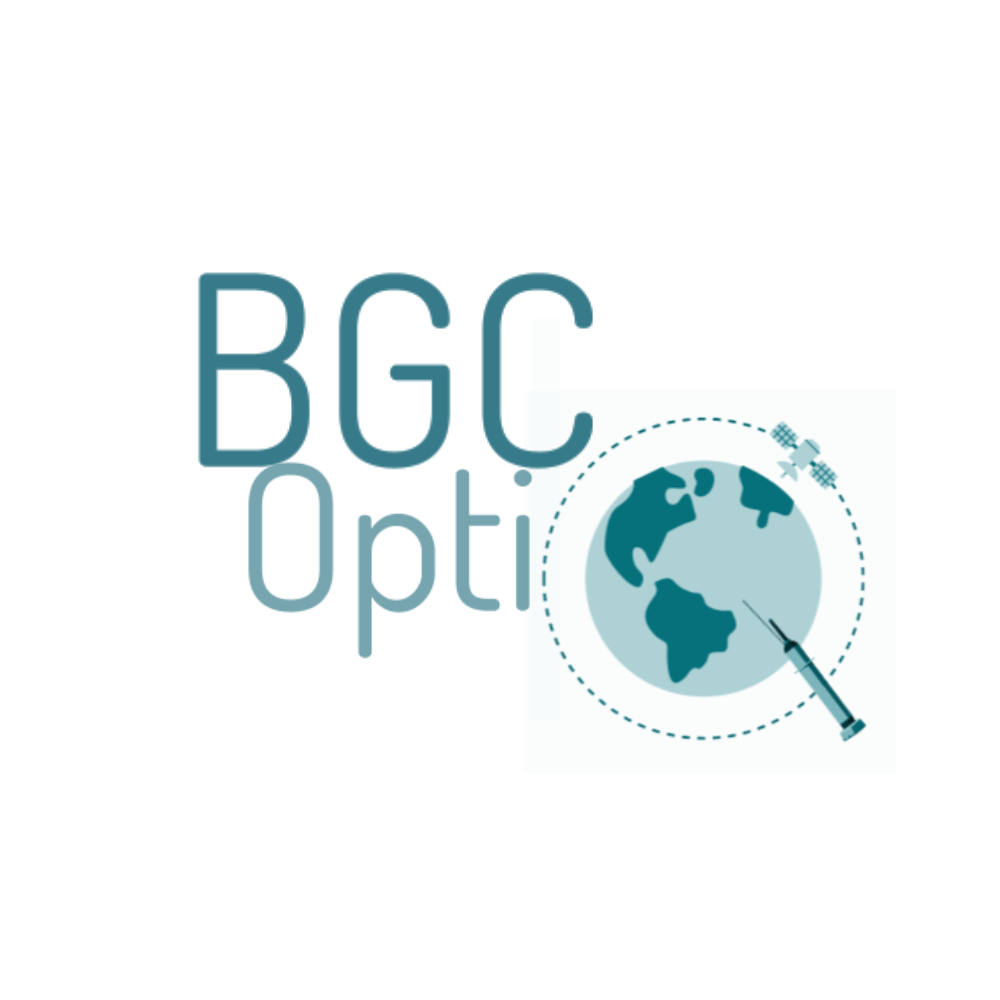BGC-OptiQ aims to enhance the quality of three optical Essential Oceanic Variables (EOVs) acquired by BGC-Argo profiling floats and ocean color satellites. These include the chlorophyll a concentration (Chla), the particle backscattering coefficient (a proxy for Particulate Organic Carbon), and the downwelling irradiance. BGC-OptiQ is structured around three main tasks aimed at improving the quality of these variables while optimizing the cost-effectiveness of qualification: (1) Enhancing the accuracy of Chla within the global BGC-Argo dataset using a machine learning approach validated against a high-accuracy global reference database derived from High Performance Liquid Chromatography (HPLC); (2) Refining and developing statistics, based on products delivered by the MULTIOBS Thematic Assembly Center from the Copernicus Marine Service, to qualify and improve three BGC-Argo EOVs; (3) Refining methods to quantify the uncertainties associated with each EOV. Overall, BGC-OptiQ is expected to complement the existing data management and qualification efforts led by the Argo Global Data Assembly Center and improve the release of BGC-Argo data from Copernicus Marine Service. BGC-OptiQ will therefore better meet end-users’ requirements in terms of accuracy, precision and interoperability of the dataset, as well as delivery times.
